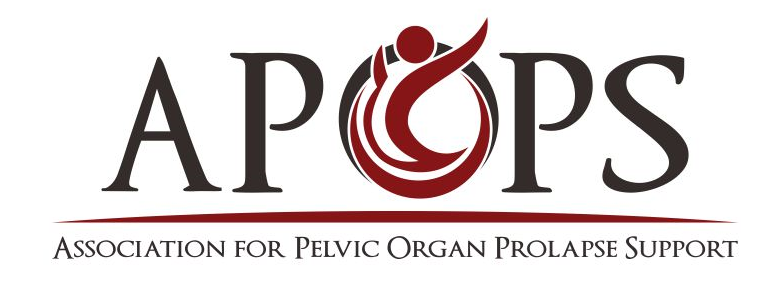I’ve posted my fair share of mesh articles; those familiar with my path know that I am a transvaginal mesh success story and freely share intimate details of my personal journey. I’ve spent a considerable amount of time speaking one on one with women who’ve experienced mesh complications via phone, email, and in person as well as sharing my thoughts with the FDA Committee and meeting participants at the FDA Ob/Gyn Medical Device Advisory Committee Mesh Meeting in September of 2011.
Women who have complications suffer horribly; I can’t begin to imagine the hell it is to start and end every day in pain that can’t be controlled. These women have a right to be angry and vocal. But it frustrates me when women who have not had surgery feel compelled to bang the drum negatively when they can’t speak from experience. They muddy the waters with anti-mesh hype, they feed the negative energy that surrounds mesh, they often spout inaccuracies. It serves no value to women suffering with POP, looking for answers-it feeds fear, and that is never a good thing.
Every medical device goes through a developmental & evolution curve and it is unfortunate when a device with merit generates complications regardless the reason. The top five complications of medical device manufacturers the FDA lists are
· * Inexperience with medical device trials
· *A high number of people/entities involved in the trial
· *Dual roles acting as both sponsor and clinical investigator
· *Highly complex devices
· *Conducting a study outside the U.S.
First do no harm, every medical professional’s mantra, is a pivot point for industry as well-no one wants to be sued for millions of dollars and product complications certainly don’t generate a positive business reputation. But as is the course of medical advancement, complications sometimes occur, the nature of medicine moving forward in device development, procedural development, and pharmaceutical development. Most significant medical shifts over the past multiple decades have needed adjustments. Whether heart transplant, breast implant, knee joint replacement, facial plastic surgery, or transvaginal mesh, the background message is the same-fear mongering helps no one.
The POP arena is a relatively young field, and pelvic organ prolapse is a diverse, complex condition that includes 5 types and 4 grades of severity with potential for multiple types to be experienced at the same time. There are no easy answers whether patient or practitioner. If you ask any 5 urogynecologists their procedure choice to address a combo surgery for rectocele, cystocele, and enterocele, you will likely get 5 unique answers. This is not because any of the urogynecologists are wrong, this is because we simply do not know the best choices at this point and every specializing practitioner has his/her own surgical zone of expertise between a multitude of surgical options. We have so much to learn, and as POP awareness goes large, research will flourish and provide multiple avenues of insight.
For women newly navigating POP surgery the path is pretty clear-if you want to avoid mesh, clarify this point with your surgeon, but recognize there is high risk you will need repeat surgery down the road. Ask every question you have during appointments, especially related to mesh; a physician who won’t take the time to address your concerns is a red flag-walk away. After capturing all the info you possibly can, it will be easier to make the decision regarding the value of mesh to your individual needs. Every woman deserves choice.

